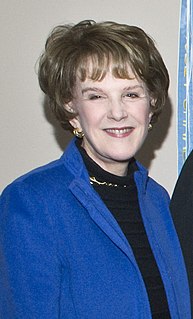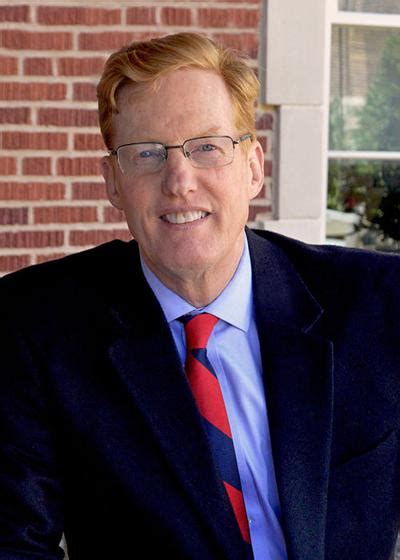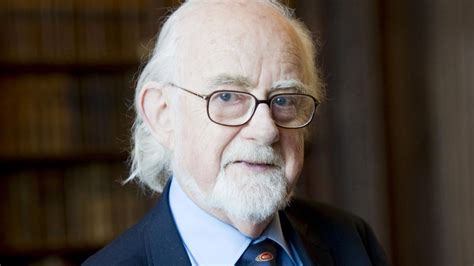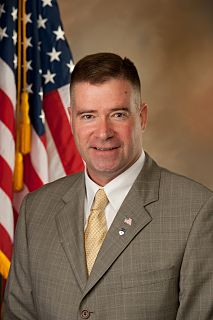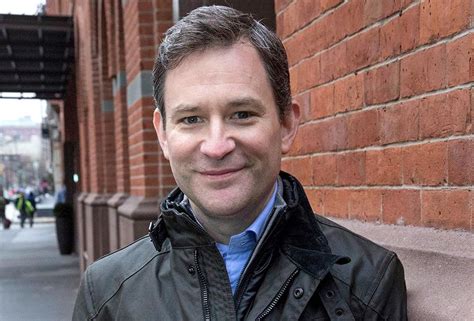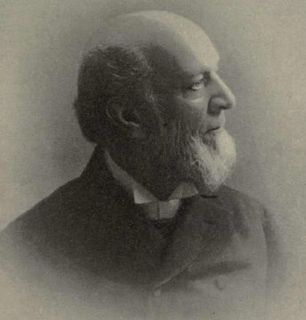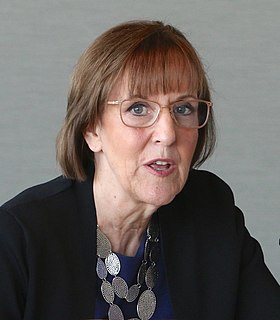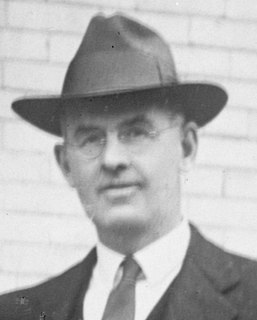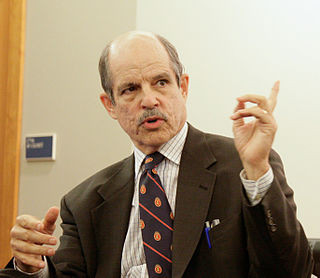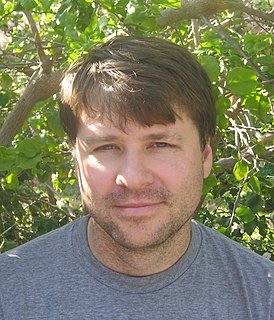A Quote by Margaret Warner
The fall of Eastern Aleppo marks a watershed in the five-year Syrian civil war. Opposition forces first took part of the city in 2012.
Related Quotes
It's quite clear the Syrian regime in Syria, as the Iraqi regime in Iraq is benefiting from America's effort to destroy opposition forces in both countries. And there aren't any other rebel forces that one can foresee on the horizon that will be able to take Eastern Syria that's now occupied by ISIS.
The other thing we did as government is to open gates for the civilians to leave that [ eastern part] area [in Aleppo], and at the same time for the humanitarian convoys and help to go through those gates inside that part of Aleppo, but the terrorists publicly refused any solution, so they wanted to keep the situation as it is.
From our side, from our part as government, we have two missions: the first one is to fight those terrorists to liberate that area [eastern part of Aleppo] and the civilians from those terrorists, and at the same time to try to find a solution to evacuate that area from those terrorists if they accept, let's say, what you call it reconciliation option, in which they either give up their armaments for amnesty, or they leave that area.
The center of gravity for opposition shifts to Idlib province and Idlib city. That city is dominated by the al-Qaida wing of the opposition and other Salafist forces. The United States and the West cannot support those Salafists and al-Qaida. It means that the rebels are going to have a very hard time getting significant amounts of support.
History of America, Part I (1776-1966): Declaration of Independence, Constitutional Convention, Louisiana Purchase, Civil War, Reconstruction, World War I, Great Depression, New Deal, World War II, TV, Cold war, civil-rights movement, Vietnam. History of America, Part II (1967-present): the Super Bowl era. The Super Bowl has become Main Street’s Mardi Gras.
